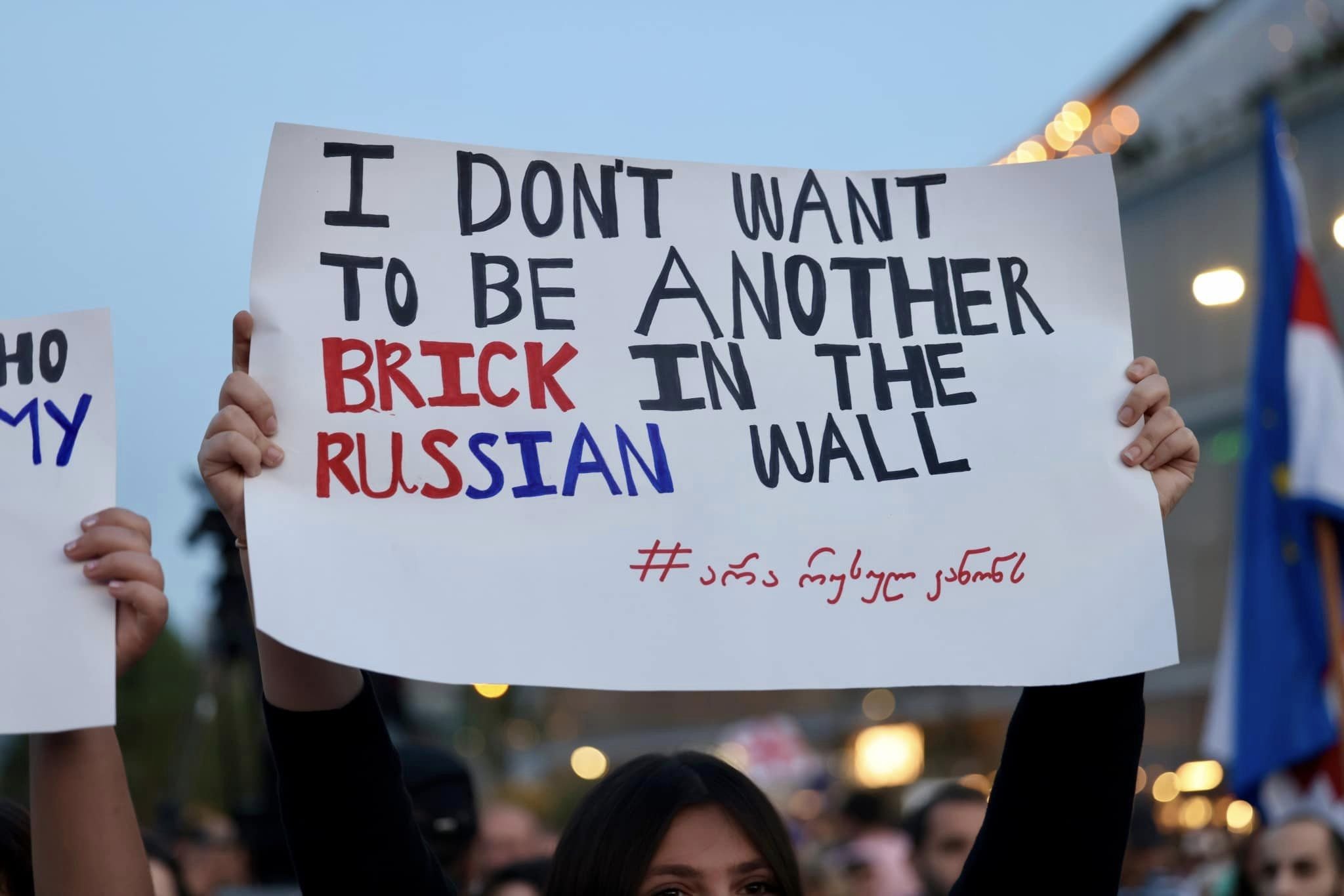121 local civil society and media organizations challenge the foreign agents law in the Constitutional Court with the aim of repealing the law. They also announced that they would seek a temporary suspension of the law’s unconstitutional clauses pending the Constitutional Court’s final ruling.
The lawsuit filed by civil society and media organizations will be submitted to the Constitutional Court today, July 17. Two days ago, on July 15, President Salome Zurabishvili submitted a separate lawsuit to the court seeking the law’s repeal. A third separate constitutional complaint is also being prepared by opposition members of parliament. All the appeals stress the law’s incompatibility with Article 78 of the Georgian Constitution, which requires all constitutional bodies to take all measures to ensure Georgia’s full integration into the EU and NATO, as well as other constitutional rights to freedom of association and expression.
“The constitutional lawsuit once again clearly confirms that this law harms everyone’s right to join with like-minded people to do public useful work and help other people,” the joint statement of CSOs and media organizations says, adding: “By adopting the Russian law, the authorities are creating a hostile and degrading environment that threatens the enjoyment of association, expression and other rights and freedoms.”
Although they express hope that the Constitutional Court will make timely decision and suspend the implementation of the law pending a final ruling, CSOs and media outlets say they are preparing another complaint to the European Court of Human Rights.
“We reiterate that we will not live under the rules of the Russian law. We will not obey it, and we will use all possible domestic and international mechanisms to prevent its implementation until the law is unconditionally repealed,” the statement concludes.
The highly controversial foreign agents law, finally passed on May 28 and enacted on June 3, labels civil society organizations and media outlets that receive at least 20 percent of their funding from foreign sources as entities “pursuing the interests of a foreign power.” The law, which was passed amid massive protests and unprecedented international pressure, has been dubbed the “Russian law” because of a similar legislation passed in Russia in 2012 that has since stifled dissent in the country.
Also Read:
